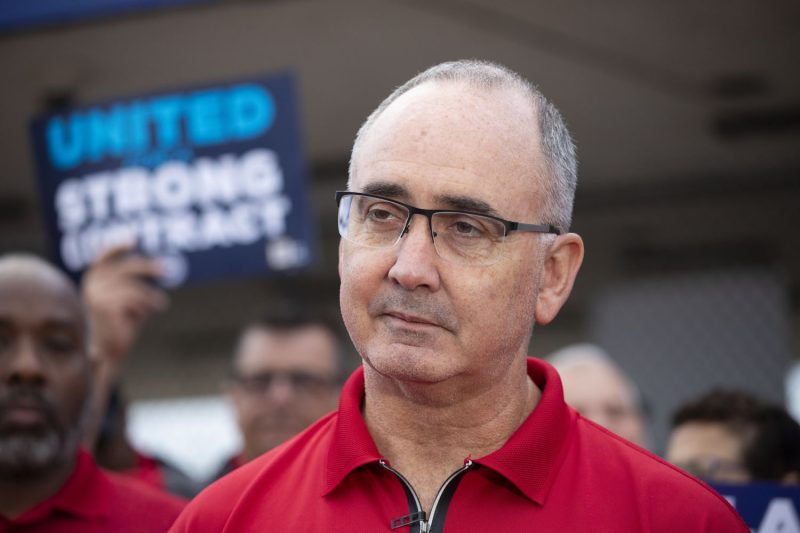UAW Challenges Mercedes-Benz Union Vote, Asks NLRB for New Election
The recent unionization effort at the Mercedes-Benz plant in Alabama has been met with significant challenges. The United Auto Workers (UAW) is pushing for a new election, citing unfair labor practices and intimidation tactics by the automaker during the initial vote.
The UAW filed objections with the National Labor Relations Board (NLRB), arguing that Mercedes-Benz interfered with the unionization process by encouraging employees to vote against union representation. The UAW claims that the company used anti-union propaganda and tactics to sway the outcome of the vote in its favor.
According to the UAW, Mercedes-Benz violated federal labor laws by engaging in coercive conduct that undermined the employees’ right to choose whether to unionize. The union has called for a new election to be held under fair and impartial conditions, free from any interference or intimidation by the company.
Mercedes-Benz has denied the allegations made by the UAW, stating that it has always respected the rights of its employees to make their own decisions regarding union representation. The automaker has emphasized that it followed all legal requirements and did not engage in any unlawful activities during the union vote.
The NLRB will now review the UAW’s objections and decide whether to grant a new election at the Mercedes-Benz plant. The outcome of this decision could have far-reaching implications for labor relations in the automotive industry and set a precedent for future unionization efforts at other companies.
The dispute between the UAW and Mercedes-Benz highlights the challenges that workers face when trying to exercise their right to unionize. It also underscores the complex legal and ethical issues involved in labor relations, as companies and unions navigate the delicate balance between employee rights and business interests.
As the NLRB considers the UAW’s request for a new election, all eyes will be on the outcome of this case and its potential impact on the future of labor organizing in the automotive sector. Ultimately, the decision will shape the dynamics of workplace relations at Mercedes-Benz and beyond, shaping the future of unionization efforts in the industry.


























